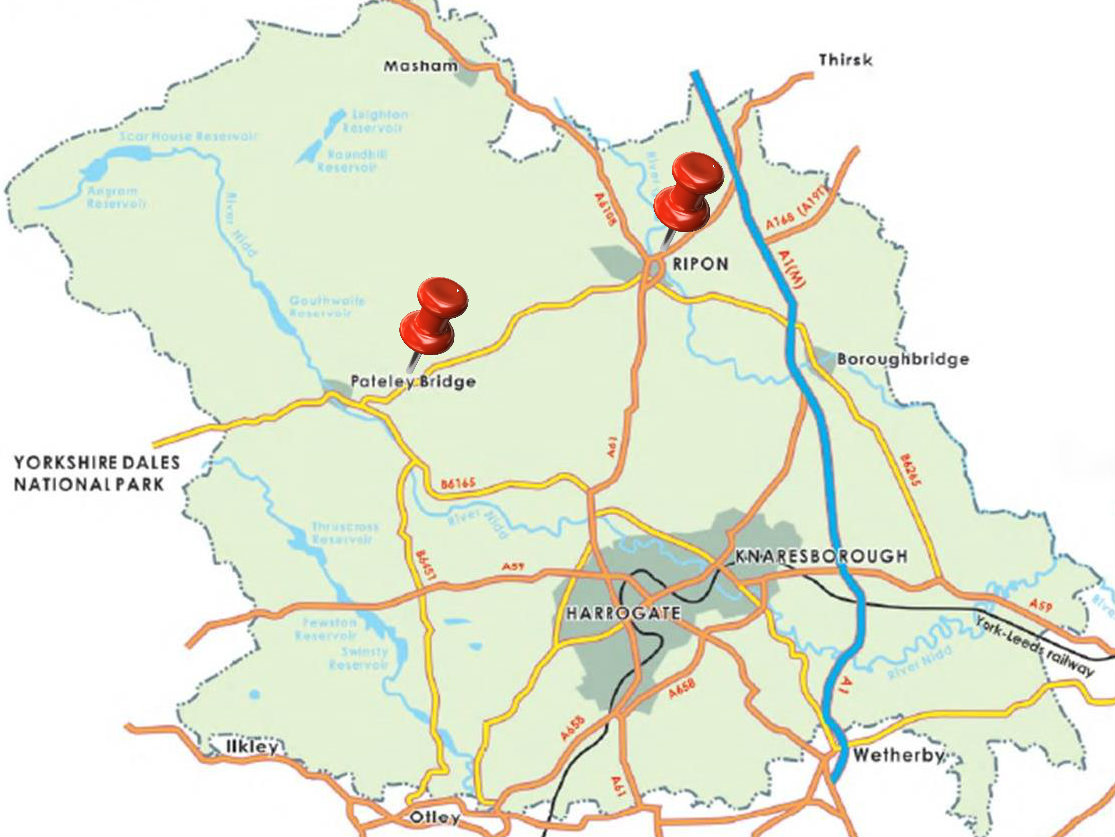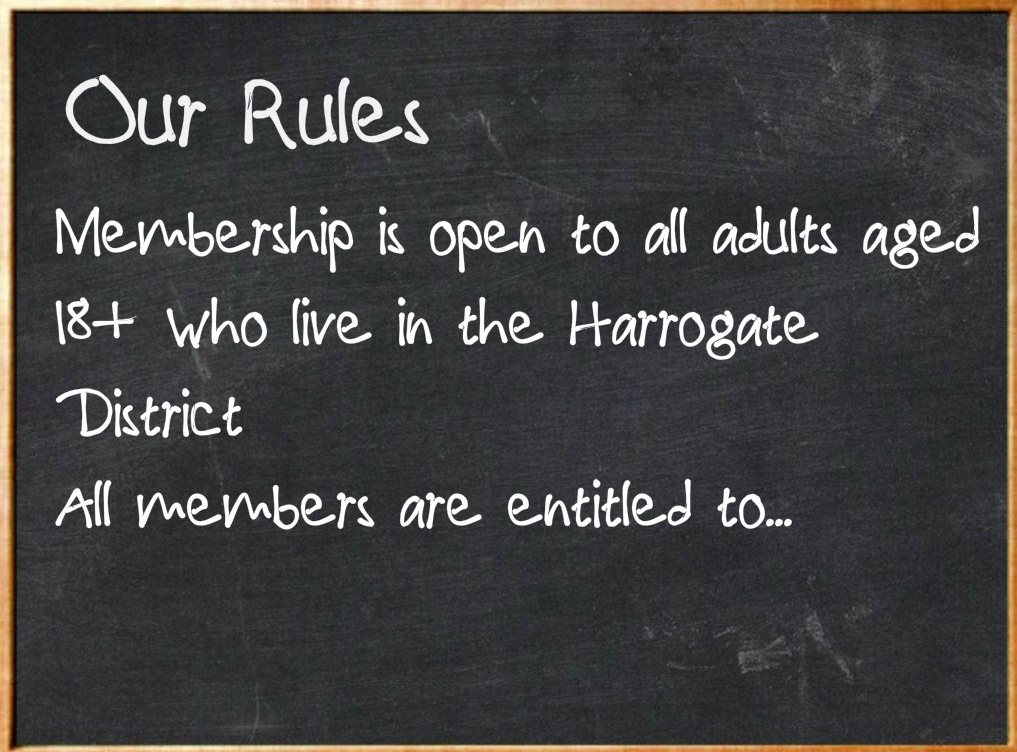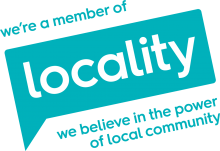Setting Up a New Group
There’s a lot to think about when deciding whether to set up a new group or develop a new project. The basic steps are outlined below:
1. Exploring your options

Before you start the process of formally setting up a new group or project we recommend working through the key questions below.
- What activity do you want to do and why?
- Are there any similar organisations already in existence in the Harrogate District? It is worth getting in touch with similar groups in the first instance to ensure your group complements existing organisations and avoids duplicating an existing service.
- How much initial funding do you need to carry out your activities? And how do you plan to fund your work on a long term basis?
- Do you have a committee of people to run your new group? All charitable groups are governed by a volunteer committee. If you do not want to involve a committee it may be more appropriate to set up as a self-employed sole trader rather than a charitable group. However it is worth being aware that you will not be able to access charitable funding if you are self-employed.
- What geographic area are you planning to cover? Charitable groups could be international, national, regional, countywide, local district or neighbourhood.
- What is the name of your new group? There are no right or wrong names but it is worth considering whether you want to link your group name to the area you plan to cover. If your name is very long will it get shorted to an acronym and will this be easily understood?
- Do you need to involve or get permission from another organisation to carry out your activity?
2. Considering Risks
There are always some risks associated with any activity. For example these might include risks linked to running a public event, employing staff, managing a building or working with vulnerable adults or young people. Ways to identify, reduce and manage risks appropriately may include purchasing insurance, setting up a 'safeguarding' procedure or working through a risk checklist for managing a building.
3. Adopting a Governing Document

All charitable groups require a governing document in order to set up a bank account and apply for funding. The 4 main types of governing document include terms of reference, constitutions, trust deeds and memorandum and articles. Your governing document should clearly explain:
- The purpose of the group
- How the group is run (i.e. how to hold meetings, roles and responsibilities of committee members, taking minutes, etc.)
- Who can join and whether membership can be refused (in the case of membership organisations only)
- How the group's money is managed
- What happens if the group closes down.
If you are setting up a new community group you and your committee may be happy to adapt a model governing document yourself before formally adopting it. However if you wish to register as a Charity or a Charitable Incorporated Organisation (CIO) we strongly advise that you seek advice on your draft governing document before it is formally adopted. This is to ensure that your governing document meets the requirements of the Charity Commission and will not hold up your application to register as a charity or CIO.
4. Policies and Procedures
Depending on the nature of the activity you plan to carry out it is a good idea to have a basic set of policies and procedures to ensure your group is working safely and legally. Well thought out policies will get your group off to a good start because there is an agreed, shared understanding about how things will happen. And the main funders in the UK, such as the Big Lottery, will ask for certain policies before releasing funding. The policies most commonly required by new groups include:
- Health & Safety Policy
- Equality and Diversity Policy
- Safeguarding Policy (if your activity involves working with children or vulnerable adults)
- Financial procedures
We strongly advise against searching the internet for policies and adapting these to your group. This is because you cannot be certain whether these are up to date and comply with current legal requirements.
5. Planning for Year One
It is a good idea to develop a set of realistic priorities for your first year; these could include running events, fundraising, volunteer recruitment, etc.










